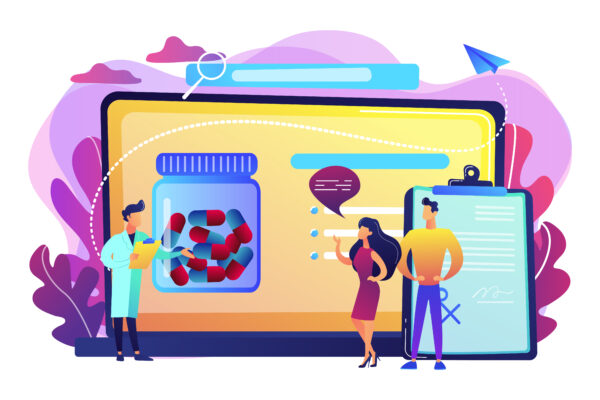The Benefits Of Generic Medications For Cost Savings
For both individuals and healthcare systems, generic medications provide significant cost savings. The following are some significant advantages of choosing generic drugs:
Reduced Cost: The significantly lower cost of generic medications in comparison to their brand-name counterparts is one of their primary benefits. Generic medicines typically cost much less than their brand-name counterparts. People who don’t have insurance or who have high deductibles or copayments may benefit most from these savings. People can access affordable treatment options and save money on prescription drug costs by choosing generic medications.
Affordability and accessibility: Access to vital medical procedures is made easier by generic medications. Generics make sure that people can get the medicines they need without breaking the bank by offering cheaper alternatives. This is especially important for people who have chronic conditions and may need to take medication for a long time. Better health outcomes can be achieved by lowering barriers to treatment and encouraging better adherence to prescribed regimens thanks to the affordability of generic medications.
Efficacy and equivalent quality: To guarantee their safety, quality, and efficacy, generic medications go through stringent testing and regulatory procedures. The Food and Drug Administration (FDA) in the United States, for example, requires generic drugs to demonstrate bioequivalence to their brand-name counterparts. This indicates that generic medications have comparable therapeutic effects, are absorbed by the body at the same rate, and contain the same active ingredients. Generic medications are held to the same rigorous standards as brand-name medications, ensuring that their quality and effectiveness are comparable.
Innovation and increased competition: In the pharmaceutical market, there is healthy competition because generic medications are available. Generic drugs can enter the market when brand-name medications lose their patent protection, increasing competition and lowering prices further. As pharmaceutical companies strive to develop new, more effective drugs to differentiate themselves from generic alternatives, this competition fosters innovation. In the end, this helps patients because it gives them more treatment options at different price points.
Benefits to Healthcare Organizations: At a systemic level, generic medications are crucial to lowering healthcare costs. Healthcare systems like insurance companies, hospitals, and government programs can save a lot of money by choosing generic drugs. As a result, healthcare systems are able to allocate resources more effectively, expand coverage, and make healthcare services more affordable and accessible.
Impact on the World: Generic medications provide savings for healthcare systems as well as individual patients. Generic medications contribute to expanding access to essential treatments worldwide, particularly in low-income nations where affordability is a major concern. By making life-saving medications more accessible to a wider population, generic medications contribute to improving global health outcomes.








